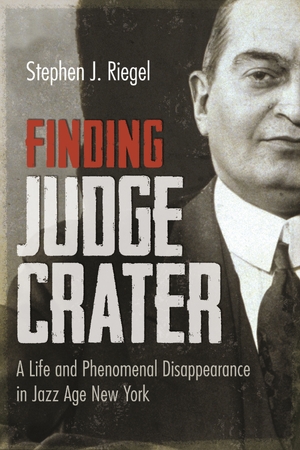Description
Antebellum culture is spectacularly exposed in this book of horrific multiple murder and madness in Upstate New York. Andrew W. Arpey offers insight into subjects that will have broad appeal to historians and scholars of law, journalism, religion, psychiatry, politics, race, and reform.
Drawing on newspapers, trial accounts, and private papers, Arpey shows the political machinations surrounding the case and the heated debate the trial set off over the relationship of race and crime, the use of punishment, and the boundaries of legal responsibility. His superb reconstruction of the trial, the motivations of its many actors, and the trial’s status in American history place this book alongside the best crime novels.
In 1846 William Freeman, a young man of African and Native American descent, stabbed to death four members of the Van Nest family with no apparent motive. His victims, all of whom were white, included an elderly woman, her pregnant daughter, and her two-year-old grandson. Freeman was quickly apprehended, but his mental health soon became a matter of controversy. Led by the future secretary of state William H. Seward, his counsel entered the first insanity plea in the state’s history.
The Van Nest killings and the trial of William Freeman, though illustrative of many aspects of antebellum society and culture, have never received in-depth scholarly attention. Arpey’s investigation into the case yields a wide range of provocative insights that are invaluable to a critical understanding of New York history, legal debate, and race matters in American history.
About the Author
Andrew W. Arpey is a historian and archivist for the New York State Archives.
6 x 9, 212 pages
December 2003



